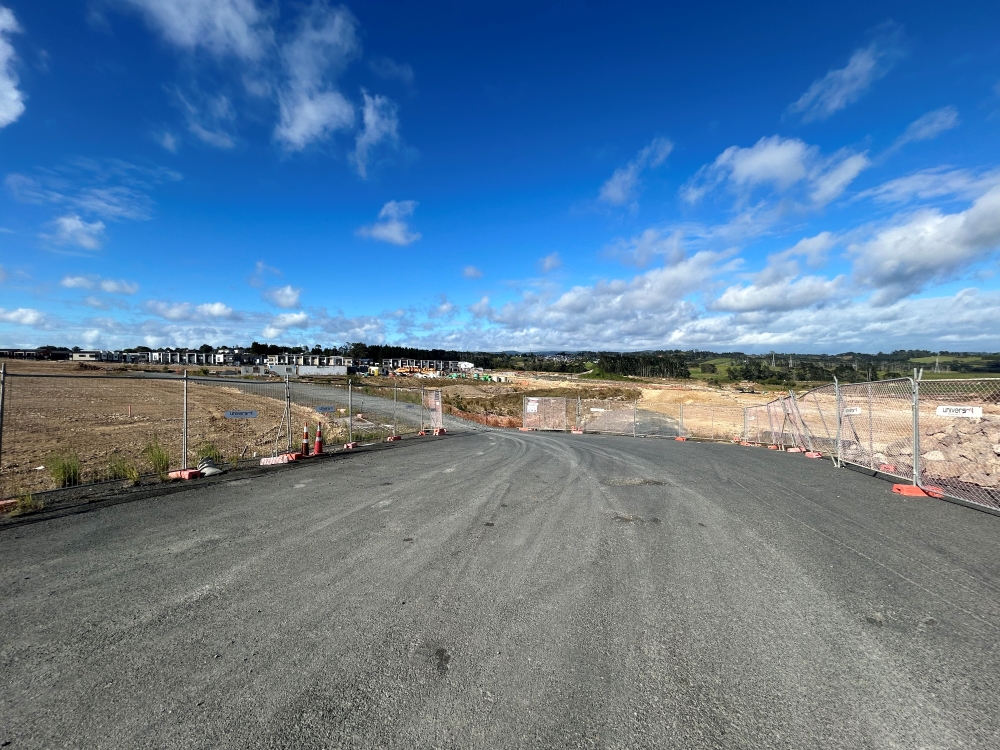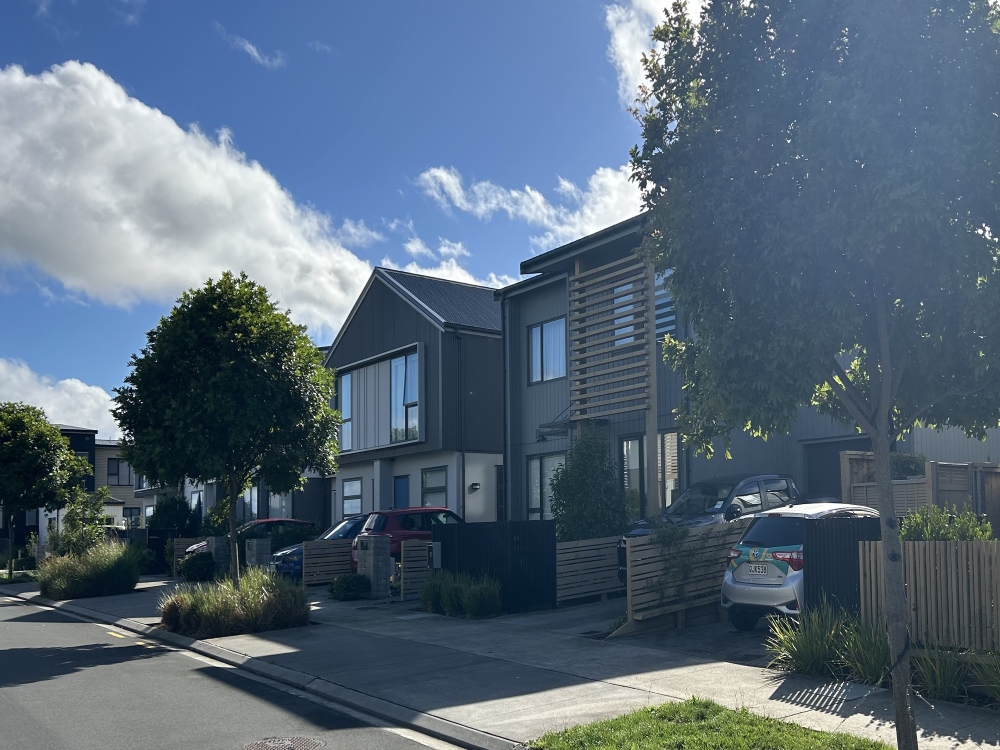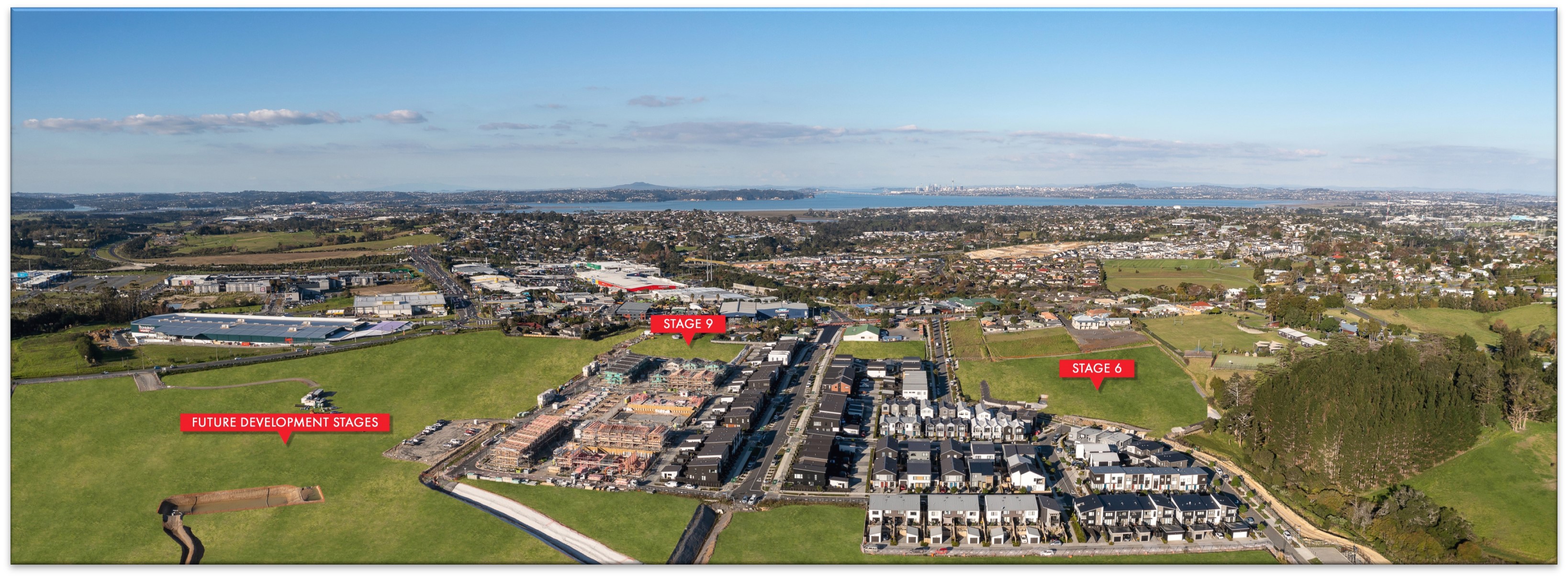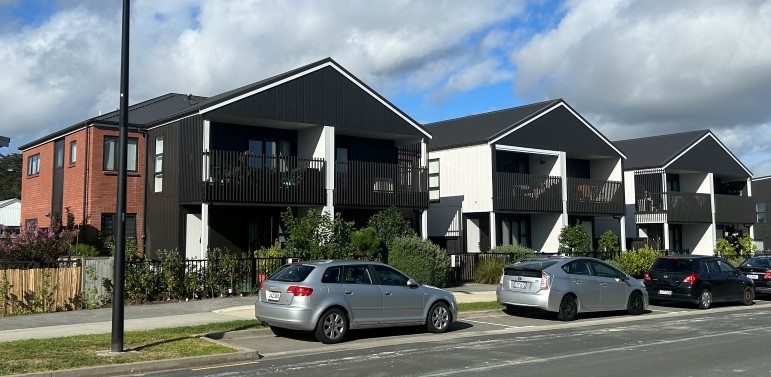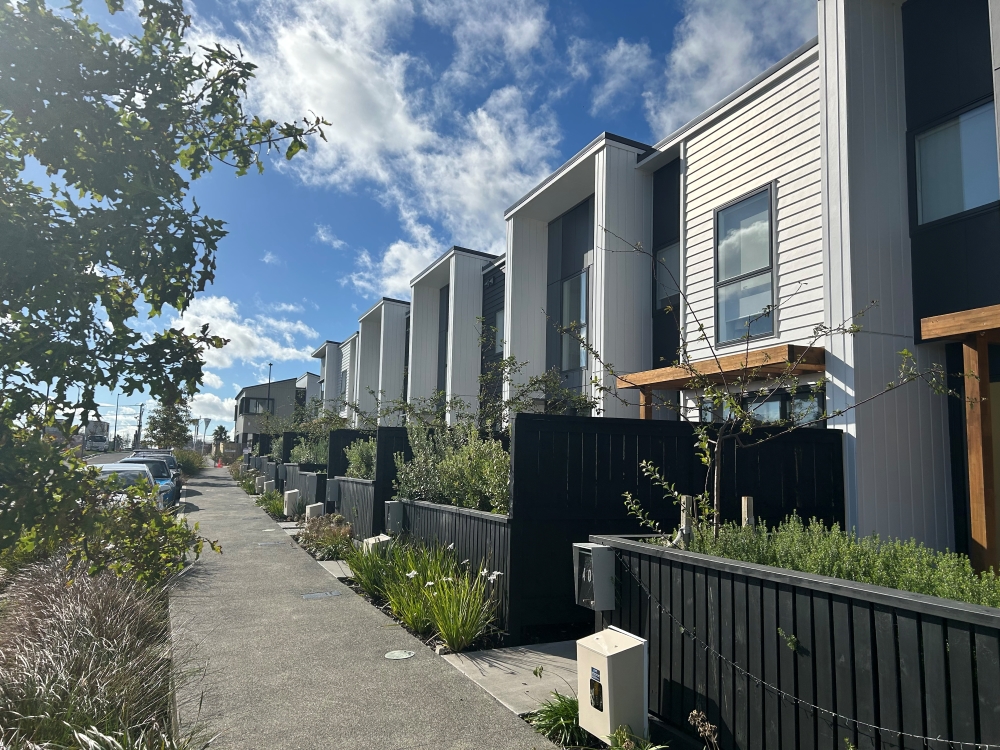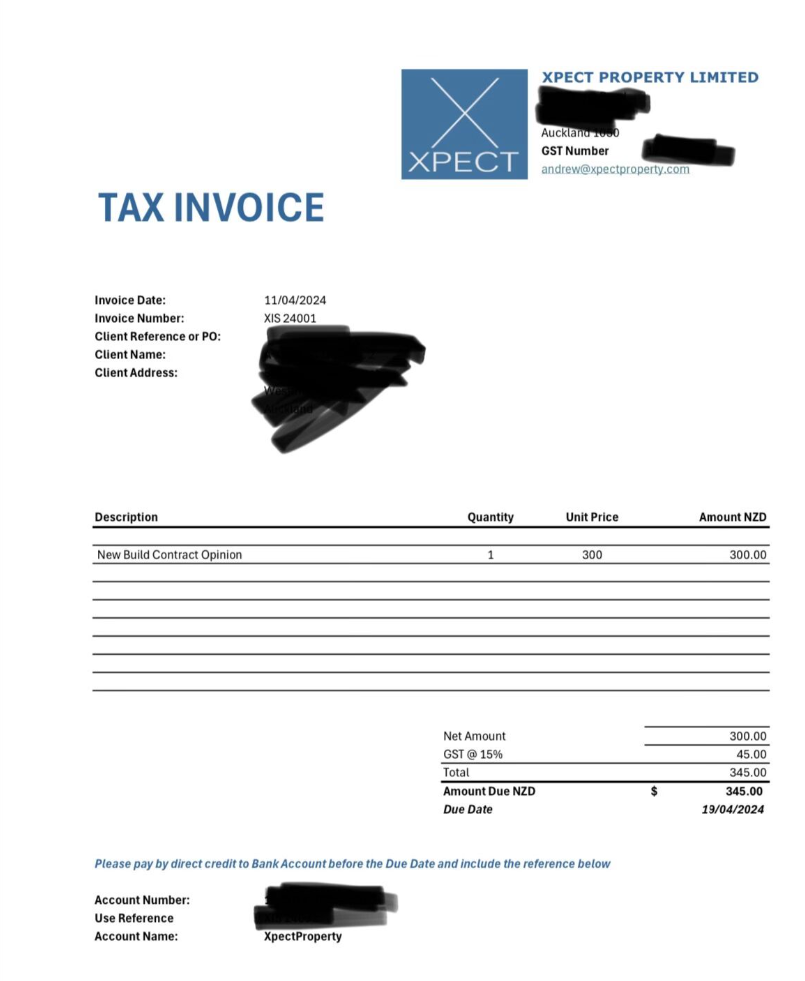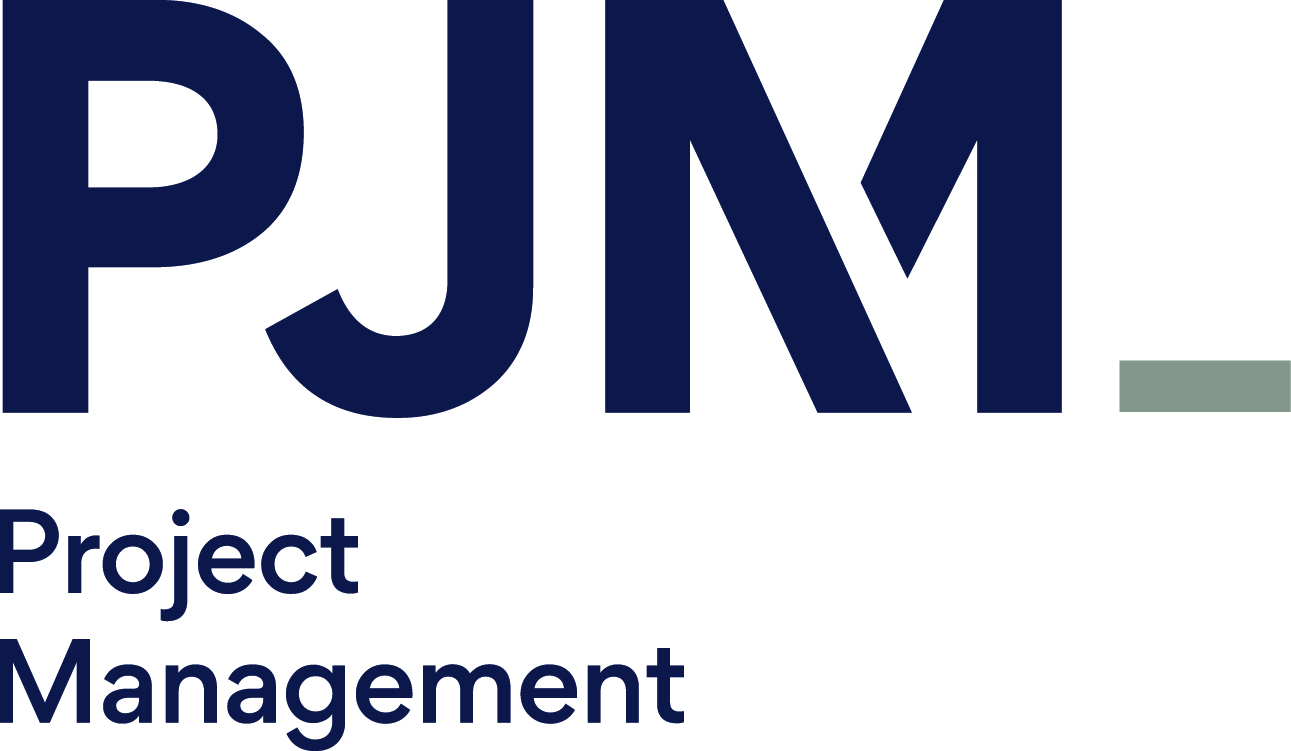West Hills – one of, if not the largest, house and land projects in New Zealand where as developer we took paddocks where cows grazed, rezoned it and did all the subdivision and built and sold the houses ourselves. It will end up around 1500 homes – mainly terraces. Possibly some mid rise apartments in the next cycle.
Purchased just before I started on this project, I was sales/marketing and project director and then CEO in charge of this beast for 6 and a half years. We were about 300 homes, a park and a bunch of civil infrastructure and superlots in, when I left to commence Xpectproperty.com
This project has every challenge a greenfield development can desire:
– An undecided arterial road.
– A government promised infrastructure fund that came and went.
– Stream and wetland.
– Neighbors.
– Land designated to be taken away to increase the adjoining road – but not confirmed so didn’t know our boundary.
– In the airforce no fly zone – limiting heights at the peak sites and need to advise everytime you want to use a crane.
– A park deal.
– Dependent on infrastructure upgrades with various triggers.
– A big development contribution bump coming.
– OIA delivery conditions.
– Multi market cycle dynamics.
– A million other things. Many incl above not agreed with the authorities before the land was purchased.
– And of course a massive multistage feaso, with a thousand sub feasos to suit the market dynamics of the day.
One and a half Billion dollar project on a $142m slice of godsown.
Too many stories without giving the secret sauce out. You can talk to me direct if you like – although check out this series I wrote on my version of best practice for large house and land developments.
This is a great development. And that’s a tribute to a lot of people’s hard work and dedication – that I just happened to have a guiding hand in.

